How Ted Lasso season 3 went from disappointing to downright dreadful
Ted Lasso season 3 really sucked
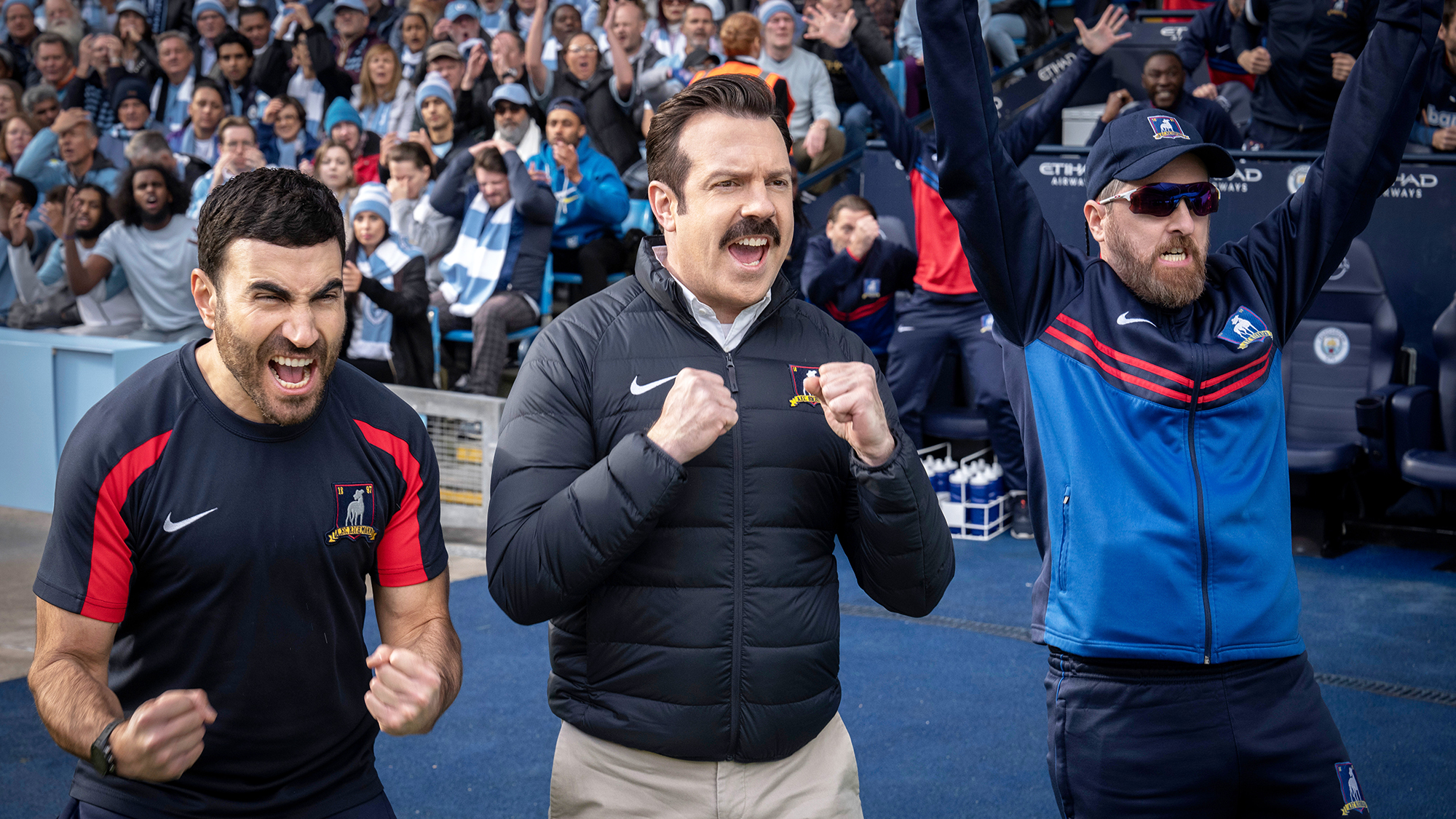
I’m just going to come right out and say, Ted Lasso season 3 was bad. Like really bad. Not since Game of Thrones has a television show whiffed so hard in its final stretch. In fact, Ted Lasso’s third outing was so bad, it had me questioning if I ever liked the show in the first place.
Perhaps the kindest thing I can say about Ted Lasso season 3 was that it started out merely disappointing. The first few episodes of the season weren’t exactly great, but they were easy-to-watch TV. However, the second and third acts of Lasso’s seemingly final season bordered on car-crash television.
Following a string of episodes overflowing with corny jokes, terrible storylines and illogical characterization, my motivation to continue watching was on the floor. To be honest, I only slogged through the final two episodes to give the show a fair shake before writing this obituary.
Over the last week, we’ve said goodbye to multiple beloved and critically-acclaimed shows with Lasso, Barry and Succession all ending (or at least Lasso seems to be done — there's no official statement yet). And while I’ll greatly miss HBO’s satirical drama and will look back on all four seasons fondly, Lasso’s last ride will stick in my memory for all the wrong reasons.
The writing was woeful this season
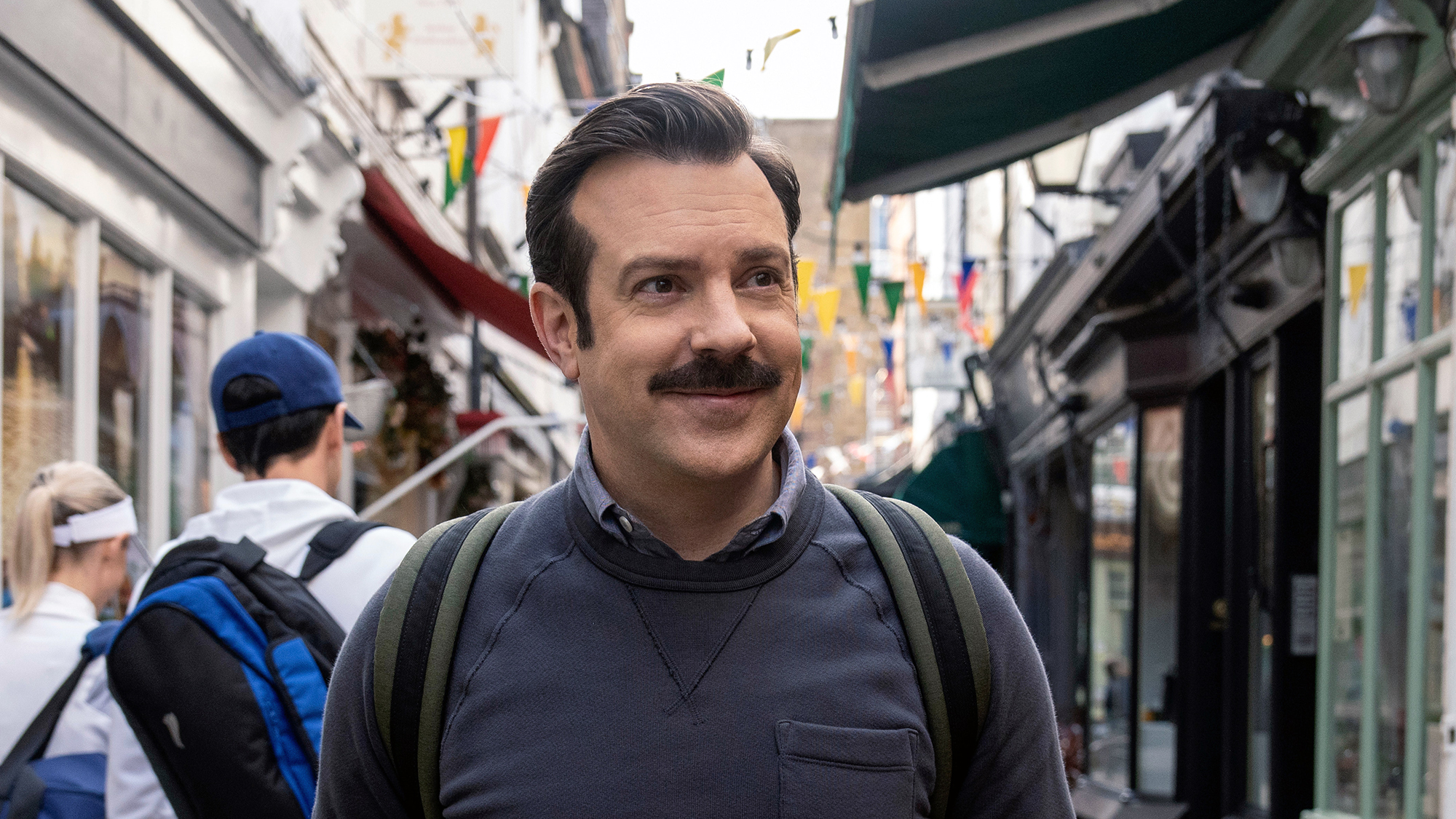
Back in 2021, I defended Ted Lasso season 2 after it received criticism for a drop in quality. I argued that the show had evolved beyond a simple fish out of water story, and its handling of Nate’s dramatic turn to the “dark” side and Ted’s (Jason Sudeikis) anxiety issues were bordering on masterful.
It’s seriously hard to believe the same writing team responsible for those extremely well-plotted storylines also mapped out Ted Lasso season 3. In a word, the quality of writing this season has been atrocious. Frankly, even suggesting anything was “mapped out” is being generous because Ted Lasso season 3 feels like a series cobbled together with no overarching plan.
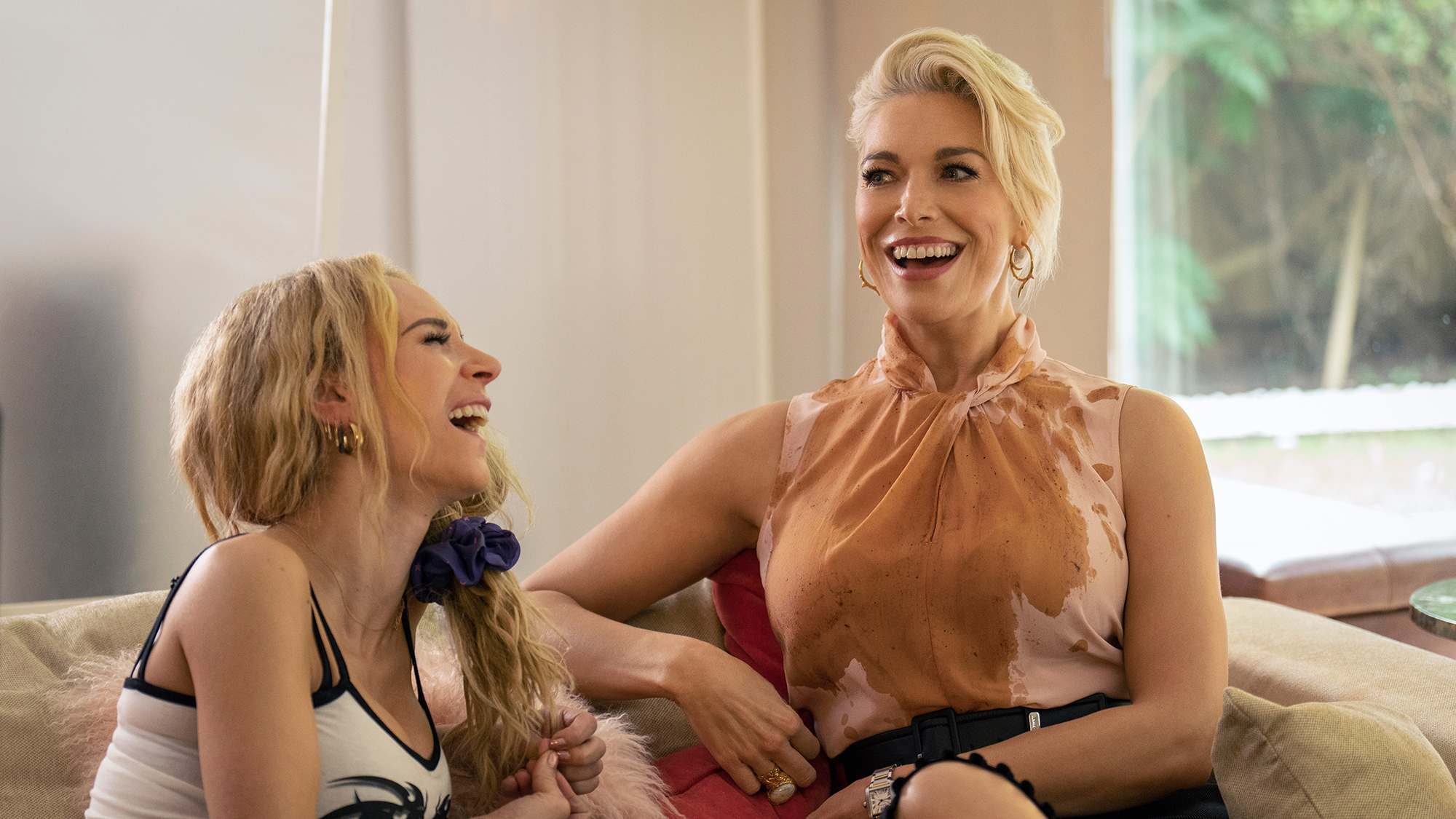
You could fill multiple articles pointing out all the bizarre plotlines and unsatisfactory character arcs starting with the totally pointless inclusion of Zava (Maximilian Osinski) in the first third of the season.
Then, Rebecca Welton (Hannah Waddingham), who was once among the show’s strongest characters, was relegated to the side-line all too often with odd moments such as her visit to the psychic as she pondered her own fertility.
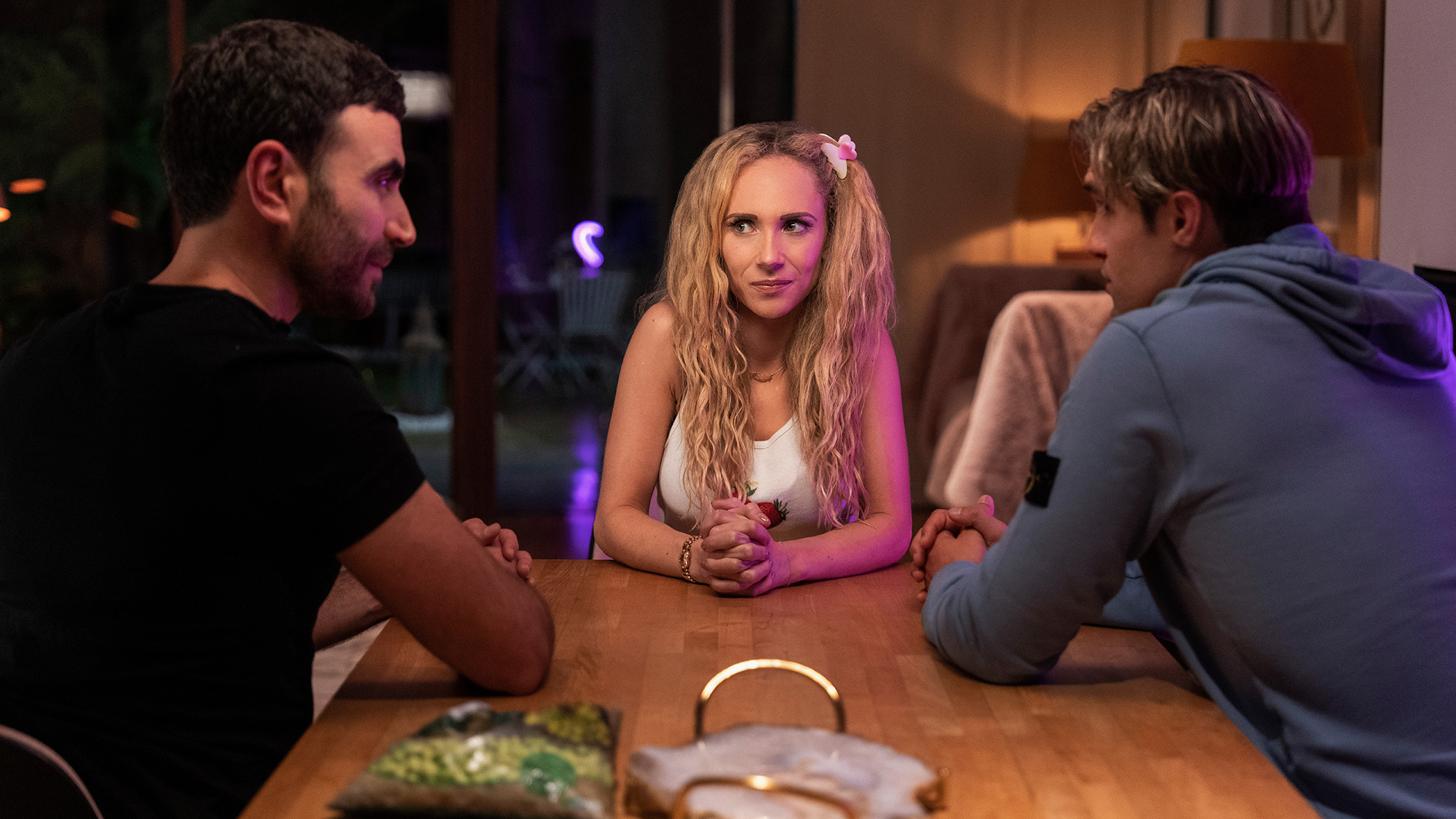
Keeley Jones (Juno Temple) was another previously-excellent character totally misused this season. Her storyline about starting her own PR firm felt like a backdoor pilot for a Keeley-centric spin-off show, and a lackluster one at that. And when she was properly reintegrated with the main cast, she was thrown into a predictable love triangle between Roy Kent (Brett Goldstein) and Jamie Tartt (Phil Dunster).
Of course, the biggest victim of the show’s increasingly lackluster writing was the Wonder Kid himself, Nathan "Nate" Shelley (Nick Mohammed). Previously the show’s most tragic character having defected to West Ham United at the end of season two, his redemption was inevitable, so inevitable it seems that the writers decided they didn’t actually need to bother writing it.
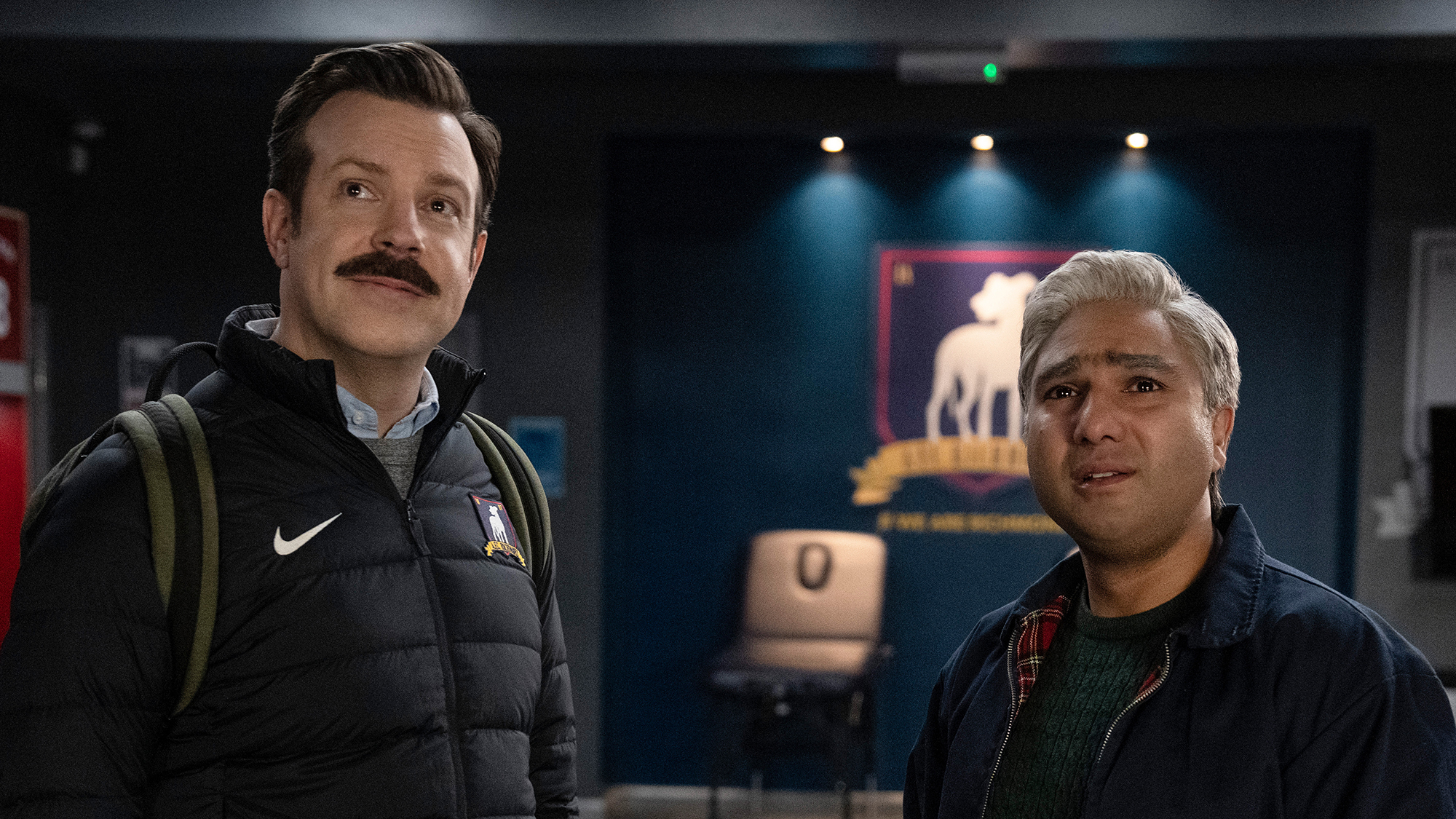
Within a few episodes of Season 3 beginning, Nate is basically back to his old self, and already yearning to return to Richmond. Apparently, all Nate needed to see the error of his ways with some time spent with slimball Rupert Mannion (Anthony Head). Not to mention the comfort of his new girlfriend Jade (Edyta Budnik), who was pleasant but barely-written. As viewers, we were robbed of the catharsis of seeing Nate realize his error, grapple with guilt and work hard toward his redemption. Instead, he was instantly made likable again from pretty much episode one.
In fact, Ted Lasso season 3 retroactively made the previous season worse by spoiling the show’s best storyline. That’s a sin that is hard to forgive.
Ted Lasso became all 'tell' with no 'show'
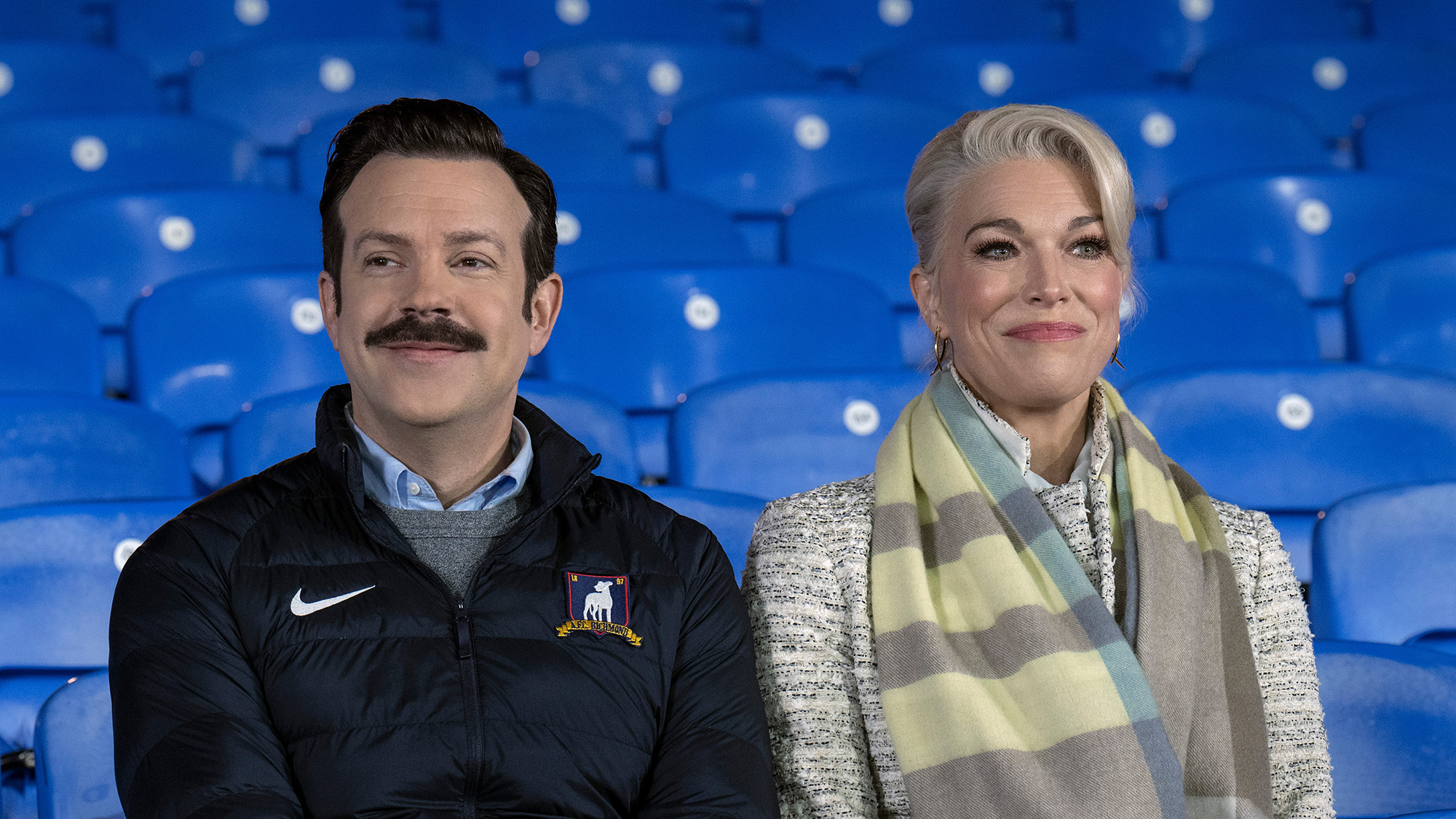
Throughout Ted Lasso season 3, there was a bizarre quirk where major events kept happening off-screen. Here's a short list: Keely and Roy breaking up (and getting back together), Nate quitting his job as manager of West Ham, the Richmond team agreeing to ask Nate to come back, Ted telling Rebecca he’s going back to the U.S. and Ted telling the squad he’s going back to the U.S. These are all crucial moments in the show, and none were shown on screen.
In fact, when the penultimate episode ended on a cliffhanger as Ted revealed he had a truth bomb to drop on Rebecca, I genuinely joked that we wouldn’t see the conversation on screen. And then audibly laughed out loud when I started the next episode and it was quickly established that everybody now knew Ted was returning to the States.

Important conversations and events happening off-screen is a common storytelling trope, and it can be used effectively, but to use it so often, and for such important moments, is truly baffling to me. I think a large part of the reason I never got emotionally invested in Ted Lasso season 3 was that it's hard to care about what's happening when so many of the major beats take place in between episodes.
Not to mention it’s a little maddening that we didn’t get to see things like how the Richmond squad took Ted’s big news, but we did have to spend three agonizing minutes watching them perform a cringe-inducing musical number from The Sound of Music.
Seriously self-indulgent
I’ve said it before, but it’s such a major problem that it bears repeating, the decision to switch from the 30-minute episodes of seasons one and two, to supersized hour-long episodes in season three was a catastrophic mistake. The finale was 79 flipping minutes, and my word did it feel every single second of its bloated length. Which is annoying when there’s all the aforementioned stuff they didn’t show.
Ted Lasso season 3 was absolutely overstuffed with characters and plotlines and tries to cover way too much ground across its 12 episodes. A more ruthless edit could have trimmed everything down and kept the show moving along at a comfortable pace. Instead, the additional runtime has been used to throw everything possible into the mix and the result is an unfocused mess.
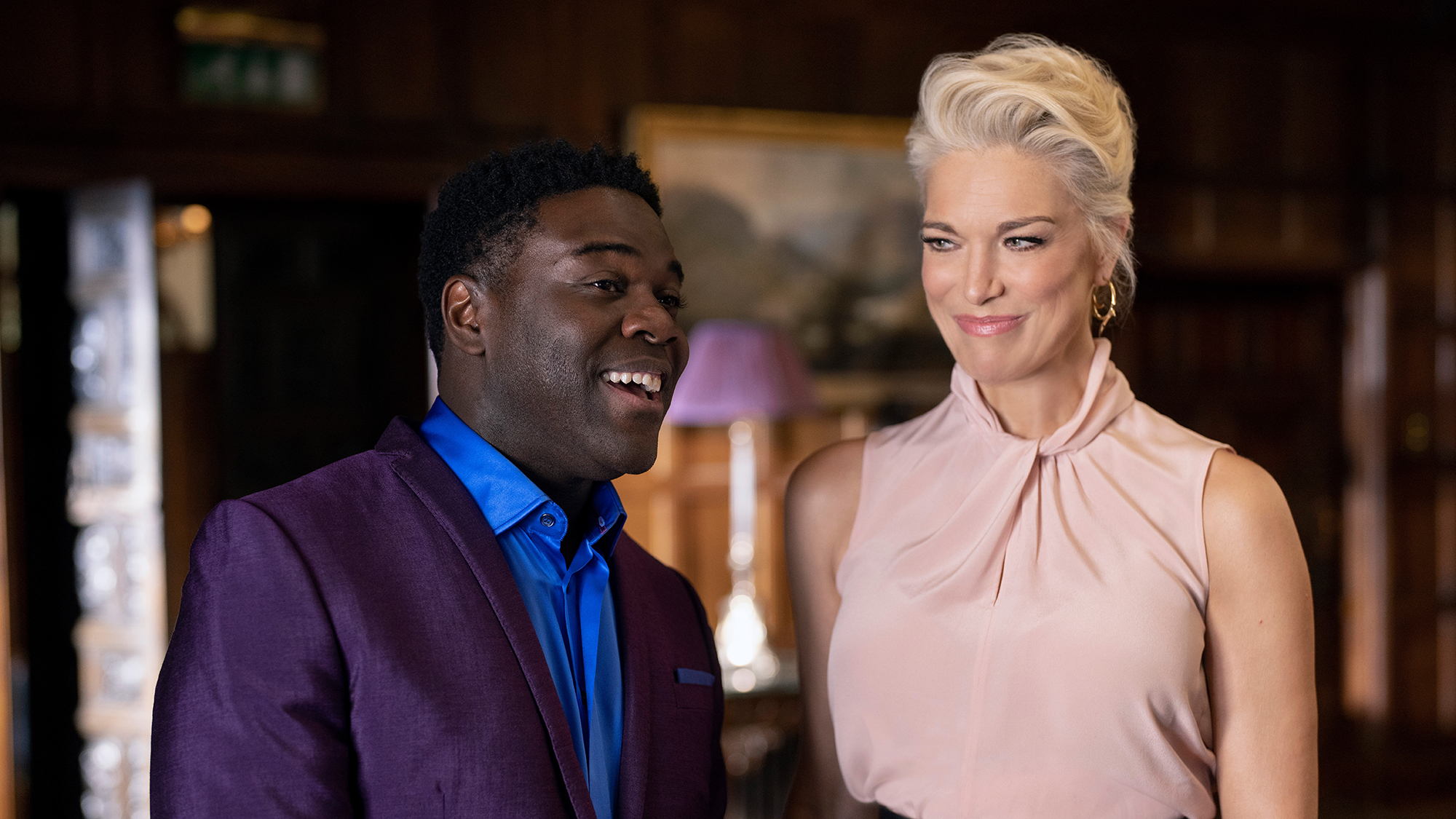
I can’t help but look at unnecessary plotlines such as disgruntled businessman Edwin Akufo (Sam Richardson) returning to start a soccer super league in episode 10, and feel like they should have been left on the cutting room floor. Or what about the absolutely needless inclusion of Ted’s mom in episode 11? Yes, Becky Ann Baker was solid casting, but the character's introduction at such a late stage was unneeded.
Ted Lasso season 3 could have been so much better if there was significantly less of it. I can’t help but feel the final season stinks of self-indulgence as if the writers were given a little too much freedom by the bigwigs at Apple.
So long Coach Lasso … I hope
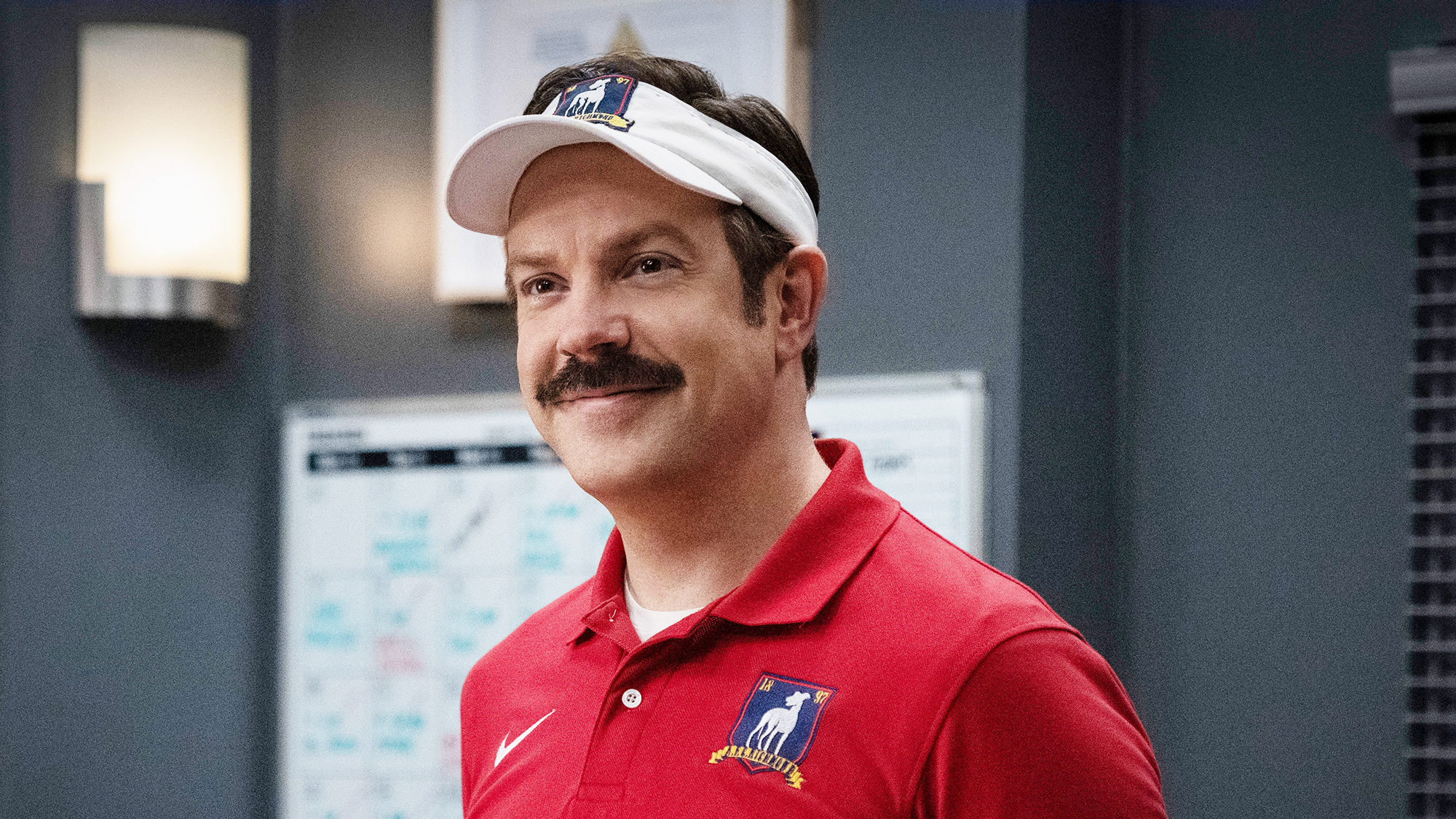
What does the future hold for Ted Lasso? Well, the final scene of episode 12 certainly suggests that this is where we leave Ted. He’s back home in America, coaching his son’s soccer team and seems to be happy. It’s a highly predictable ending, but a very fitting one for the character all the same.
However, while Ted Lasso season 3 certainly seems to be the final outing, it’s not actually been officially confirmed quite yet. More Ted Lasso does remain a possibility, and at the very least, I wouldn't be surprised if a couple of spin-off shows were announced. After all, Ted Lasso is the biggest show on Apple TV Plus, it’s hard to see the streamer not wanting to continue the franchise in some form.
There was a time when I may have welcomed a Roy Kent and/or Keely Jones show or maybe would have even pined for a proper Ted Lasso season 4, but after the pretty terrible season of television we’ve just been presented with, I’m very happy for things to end right here. Let’s just hope that the upcoming Trying season 4 doesn’t disappoint quite as much.
More from Tom's Guide
Sign up to get the BEST of Tom's Guide direct to your inbox.
Get instant access to breaking news, the hottest reviews, great deals and helpful tips.

Rory is an Entertainment Editor at Tom’s Guide based in the UK. He covers a wide range of topics but with a particular focus on gaming and streaming. When he’s not reviewing the latest games, searching for hidden gems on Netflix, or writing hot takes on new gaming hardware, TV shows and movies, he can be found attending music festivals and getting far too emotionally invested in his favorite football team.
